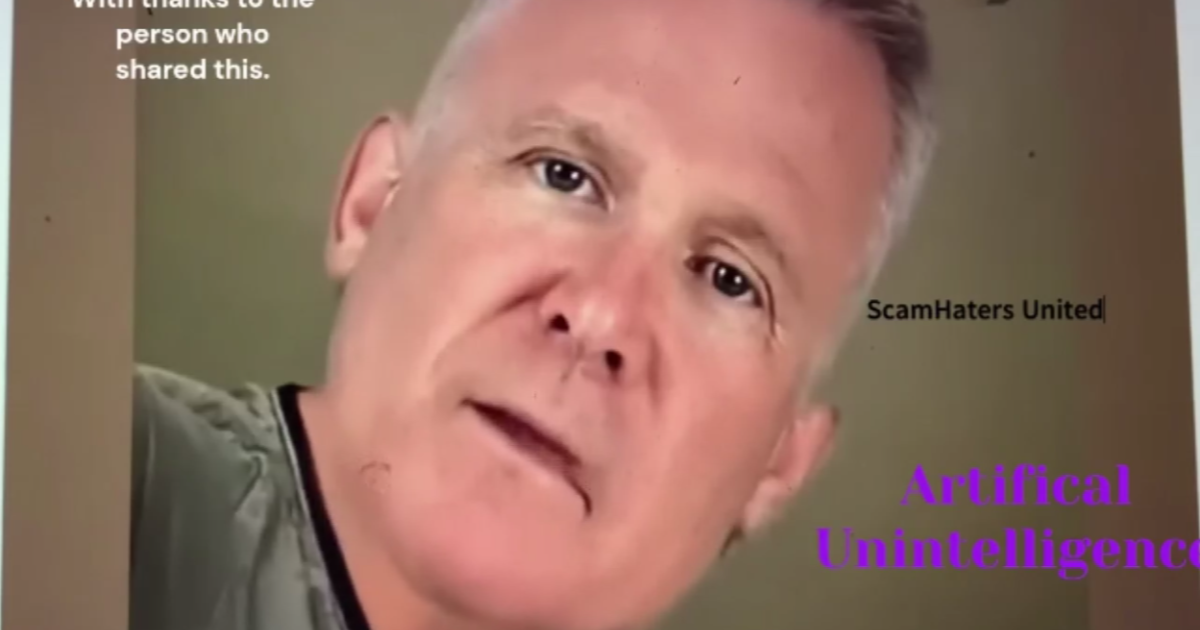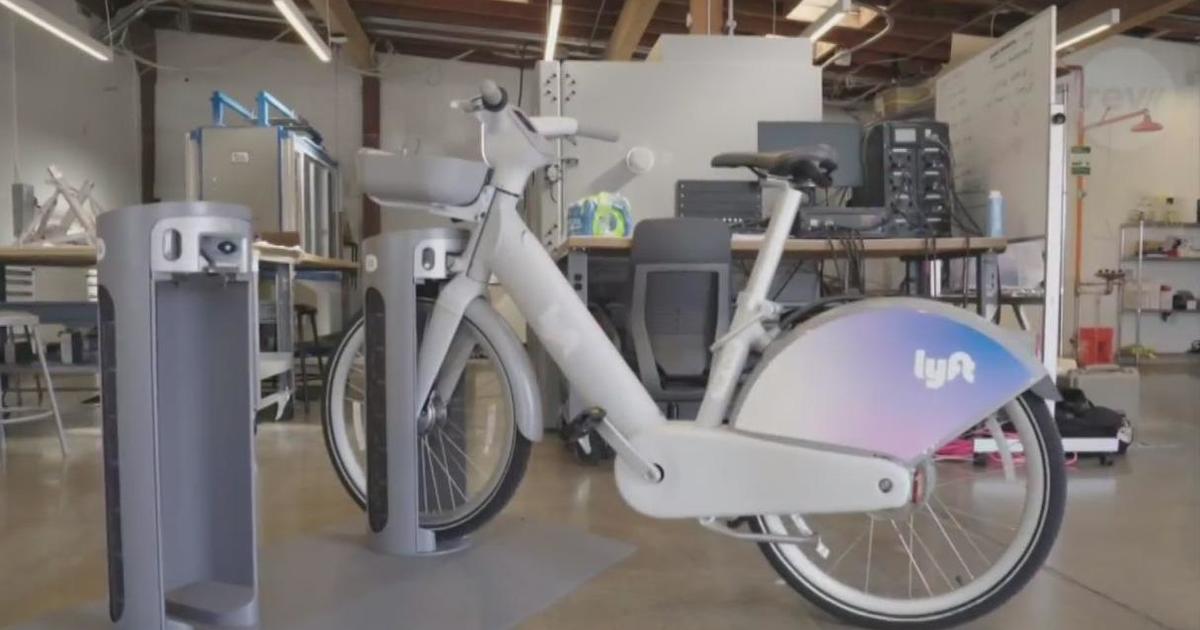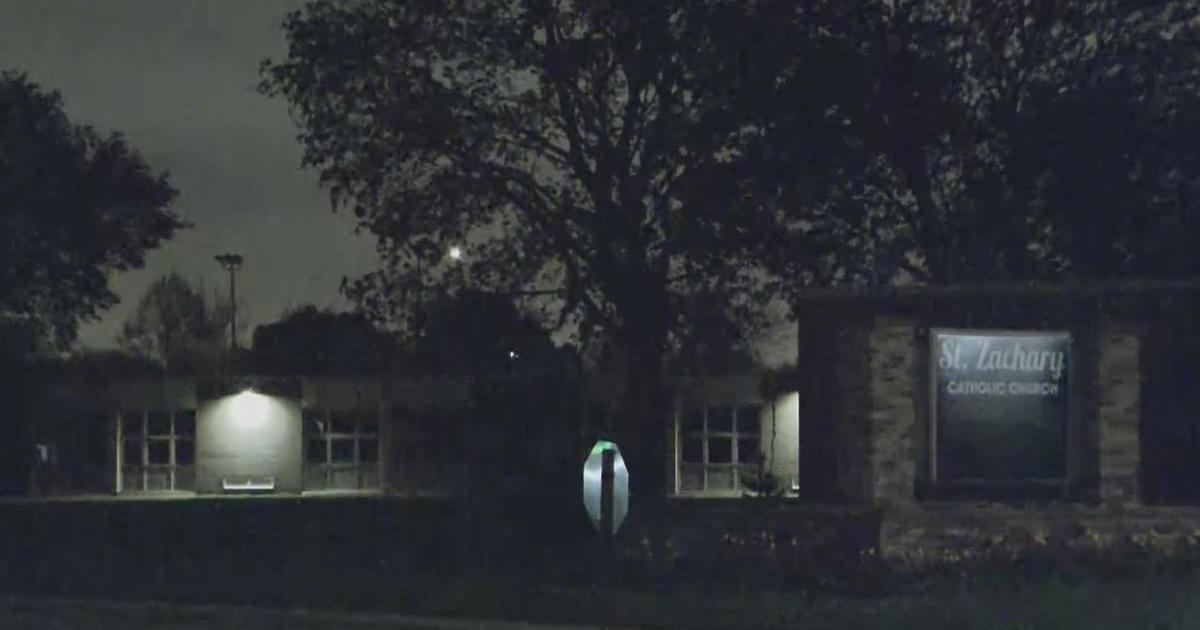CBS 2 Investigators: Employed People Getting Hit With IDES Scam To Divulge Bank Information
CHICAGO (CBS) -- It's a double whammy scam.
First, you find out you can get unemployment benefits...but wait, you still have a job.
Second, you might get a phone call that will drain your bank account.
CBS 2 Investigator Dorothy Tucker has been on the case of unemployment scams and has more on this new wrinkle.
Where there's money to be had, there are scammers out there trying to get their hands on it.
A letter from the Illinois Department of Employment Security let Kristin Jeske know her unemployment claim has been approved.
It read "you can apply for benefits on Tuesday. You have the option of putting money directly into your checking account." She qualified for $400 a week.
Only Jeske didn't ask for the money. She works full-time at Mary Seat of Wisdom Catholic School teaching junior high school students.
"I did not get laid off," Jeske said. "And I did not apply for unemployment."
Which leads Jeske to wonder if someone stole her identity and filed in her name. When the Archdiocese of Chicago had a data breach in 2019, her personal information was exposed.
"I don't know if it's just an odd coincidence or if they are somehow related," Jeske said.
She's not the only employee of the Archdiocese that's been the victim of id theft. The church recently sent an email to employees saying it had received a few falsely made unemployment insurance compensation claims.
Todd Kossow is with the Federal Trade Commission, Midwest Region.
"The FTC has been getting thousands of these reports since the pandemic started," Kossow said. "Scammers are filing for unemployment benefits using somebody else's name. What we think is that the perpetrators are largely offshore."
And without access to American banks, thieves have come up with another scam: they'll try to convince you to send them the money to them.
"They're pretending to be the unemployment office and wanting you to send it back," Kossow said.
They'll ask you to wire the money to an account or buy gift cards and send them the pin number.
"That's the red flag of a scam," Kossow warned.
Kosow said the best way to make sure it's the right person on the other end is to call IDES yourself.
Good luck with that.
"I did try and call the state three or four times, Jeske said. "They just tell you they can't take the call and hang up."
The Archdiocese is telling its employees to call police. The FTC advises consumers to freeze their credit.



